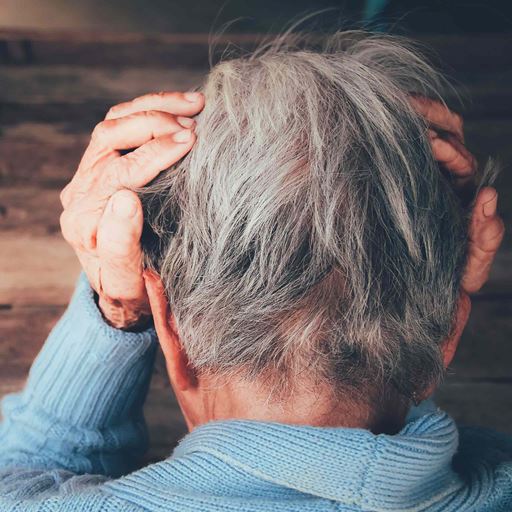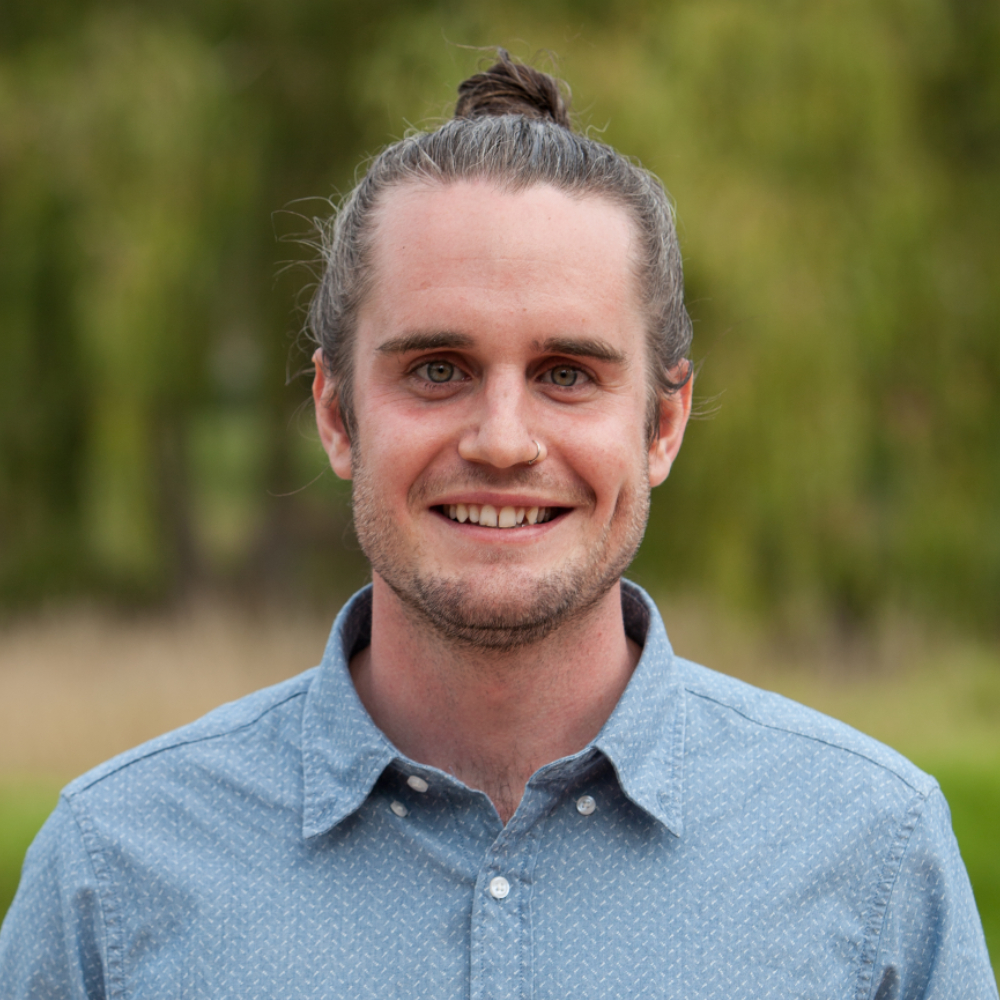Impact: Protecting rights in mental health and social care
-
Tagged under
Health and wellbeing
Human Rights

Protecting the rights of service users in mental health and social care settings is a moral imperative and a legal obligation. That’s why the Essex Autonomy Project conducts multi-disciplinary research to help shape law reform, policy development, and professional practice in the UK and around the world.
The challenge
In 2019, in England and Wales, more than 200,000 social care recipients were deprived of their liberty and more than 50,000 people were sectioned under the Mental Health Act. In the name of protecting them, or others, their autonomy and human rights were restricted.
This group of a quarter of a million people are some of the most vulnerable in our society and they are in fact just the tip of the iceberg - millions of mental health patients around the world are impacted by legislation that fails to comply with international human rights standards.
What we did
For over ten years the Essex Autonomy Project (EAP) team has investigated the ideal of self-determination (autonomy) as it applies in care settings. Building on a record of influencing legislation around the world and investigating compliance with the UN Convention on the Rights of Persons with Disabilities (CRPD), the researchers continue to conduct research that helps protect the rights of patients.
The team previously hosted the UK’s first public debate examining whether the Mental Capacity Act complies with the UN CRPD. That first debate proved inconclusive, but their further research has not.
They have shown that Section 1 of the Act – which states that “a person is not to be treated as unable to make a decision unless all practicable steps to help him to do so have been taken without success” - is critical in protecting autonomy, vital to achieving full CRPD-compliance, but poorly implemented in practice.
![Professor Wayne Martin]() "We are living through a period of extraordinary change in the practices of care. It has been a privilege to help embed principles of autonomy and human rights at the heart of the care relationship."
"We are living through a period of extraordinary change in the practices of care. It has been a privilege to help embed principles of autonomy and human rights at the heart of the care relationship."
What we changed
Seeking to address these challenges, the team has dedicated itself to a comprehensive training programme for professionals and sought every opportunity to inform policy across the UK.
The team has delivered specially-designed research-informed training to more than 120 judges through a Judicial College module, hundreds of legal professionals through the Court of Practice Practitioners Association, and thousands of Best Interest Assessors, doctors, mental health professionals and independent mental capacity advocates through the EAP program of onsite workforce training.
EAP research has informed Ministry of Justice and Law Commission positions on the Mental Capacity Act and when Prime Minister Theresa May commissioned an independent review of the Mental Health Act, EAP analysis of coercive care was cited in the report.
In Scotland EAP’s audit of Compulsive Treatment Orders is influencing the ongoing Scott Review – the Scottish independent review of Scottish mental health and mental health capacity legislation.
While in Northern Ireland EAP Director, Professor Wayne Martin, provided evidence to the Committee of the National Assembly which was described by one participant as being of “signal importance” in making clear the importance of patient wishes.
Professor Wayne Martin, Director of the EAP, said: “We are living through of period of extraordinary change in the practices of care. It has been a privilege to help embed principles of autonomy and human rights at the heart of the care relationship.”
)




